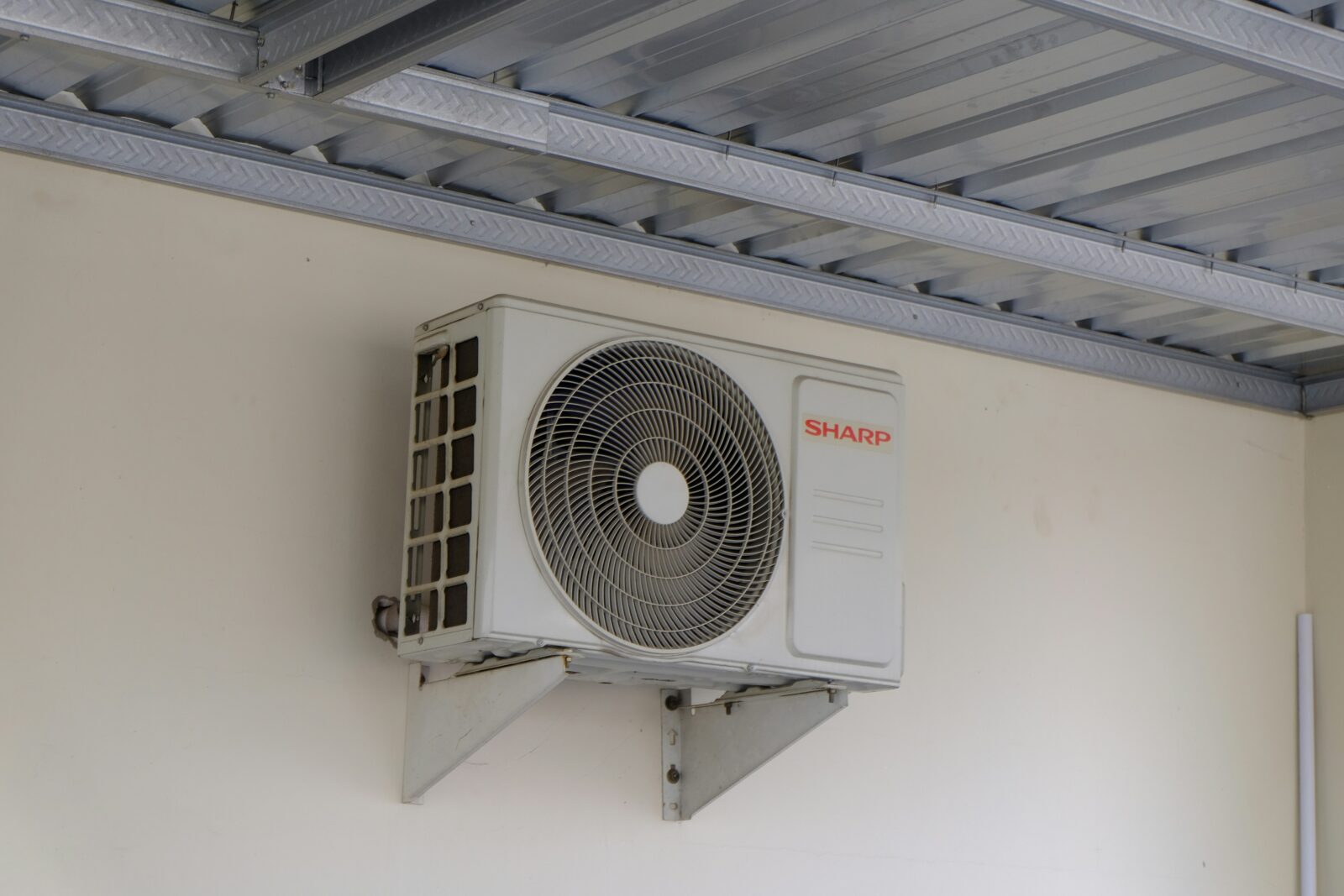- Home
- Articles
- Architectural Portfolio
- Architectral Presentation
- Inspirational Stories
- Architecture News
- Visualization
- BIM Industry
- Facade Design
- Parametric Design
- Career
- Landscape Architecture
- Construction
- Artificial Intelligence
- Sketching
- Design Softwares
- Diagrams
- Writing
- Architectural Tips
- Sustainability
- Courses
- Concept
- Technology
- History & Heritage
- Future of Architecture
- Guides & How-To
- Art & Culture
- Projects
- Interior Design
- Competitions
- Jobs
- Store
- Tools
- More
- Home
- Articles
- Architectural Portfolio
- Architectral Presentation
- Inspirational Stories
- Architecture News
- Visualization
- BIM Industry
- Facade Design
- Parametric Design
- Career
- Landscape Architecture
- Construction
- Artificial Intelligence
- Sketching
- Design Softwares
- Diagrams
- Writing
- Architectural Tips
- Sustainability
- Courses
- Concept
- Technology
- History & Heritage
- Future of Architecture
- Guides & How-To
- Art & Culture
- Projects
- Interior Design
- Competitions
- Jobs
- Store
- Tools
- More
How Long Can You Delay HVAC Repairs Before Bigger Issues Arise?

Table of Contents Show
Although HVAC systems are essential for maintaining a comfortable and healthy indoor environment, many homeowners tend to put off repairs until minor issues arise. It can be tempting to put off repairs in the hopes that the problem will resolve itself, whether it is an odd noise, uneven heating or cooling, or a system that cycles too frequently. Regrettably, HVAC issues rarely resolve on their own, and the longer repairs are put off, the more likely it is that a minor annoyance will develop into a serious malfunction. It is essential to comprehend the possible repercussions of delaying maintenance or repairs to safeguard your system and your house.
Early warning signs and their importance
Minor problems with HVAC systems begin subtly and can be easily overlooked. A blocked filter can lead to airflow limitations, or a slight rattling sound can be heard from a loose component. Although these may not seem like immediate problems at first, they increase the workload on the system, compelling it to perform beyond its normal expectations. Over time, this may damage essential parts such as the compressor, blower motor, or condenser coils. Failing to address these initial warning signs runs the risk of turning a low-value repair into a costly replacement. The covert nature of most HVAC malfunctions also means that homeowners may not be aware of the level of the damage until a complete breakdown. Fixing minor problems promptly keeps the unit running smoothly, avoids skyrocketing energy bills, and helps avert total system failure.

The hidden costs of postponing repairs
Putting off HVAC repair also feels like a short-term savings move, but in the end, it can make one spend much more. A tiny refrigerant leak, for example, may at first result in diminished cooling capacity. Still, if neglected, it can ruin the compressor, which is among the most costly components of the system to replace. Electrical issues, such as loose wiring or a malfunctioning capacitor, can initially manifest as occasional power outages. However, over time, they have the potential to result in full system shutdowns or even pose fire risks. Homeowners who hold out too long frequently discover that what would have been a simple service call turns into a considerable cost. Most people seek out Peoria HVAC services only after their system has ceased functioning altogether, which means repair costs are significantly higher than they would have been if they had sought help sooner.
Strain on efficiency and comfort levels
Another result of neglecting repairs is the systemic reduction in efficiency. HVACs are designed to operate under balanced conditions, and even a slight malfunction can disrupt the balance. For instance, clogged coils or ducts cause the unit to function for longer times to provide the same degree of comfort, leading to increased utility bills. Temperatures that do not fluctuate equally within the home also start to become apparent as the system cannot function to circulate air evenly. This unease causes homeowners to fiddle with thermostats more often, putting additional wear and tear on the system. Over time, what was initially a small problem translates into both decreased comfort and wasted energy. The losses in efficiency also result in premature wear and tear, so the total lifespan of the system can be shortened if maintenance is regularly neglected.
Risks to air quality and health
Delays in HVAC repairs don’t only impact mechanical efficiency; they can also directly influence indoor air quality as well as the wellness of the occupants of the property. A malfunctioning system will typically be unable to filter out dust, allergens, and contaminants, allowing them to circulate freely throughout the indoor environment. In instances when moisture accumulates from clogged drains or icy coils, mold can develop inside the unit or duct, dispersing spores into the airflow. These situations are especially trouble-causing for families with children, the elderly, or those suffering from respiratory illness. Over time, subpar air quality leads to constant sickness, allergy attacks, and overall discomfort. Correcting problems promptly stops these issues from gaining a foothold and makes the HVAC system continue to supply clean, safe air in addition to consistent comfort.

Long-term damage and system failure
Once repairs are pushed far enough back, minor problems naturally become significant failures. Motors that operate with ongoing stress might ultimately burn out, refrigerant leaks can lead to disastrous compressor failure, and electrical shorts can ruin vital parts. These kinds of failures are not just costly but also inconvenient, typically reducing homeowners to no heat or air during extreme temperatures. In most instances, once repair needs have been neglected long enough, replacement of the entire system is the only logical course of action. This result is much more expensive than regular maintenance on time and often would have been avoided had minor problems been taken care of first. The long-term cost difference of replacement versus repair is the reason why attention to time is so crucial.
Postponing HVAC maintenance can be an innocuous choice initially, but repercussions quickly overshadow perceived cost savings. A small problem will naturally deteriorate over time, resulting in lower efficiency, increased energy consumption, compromised air quality, and, in most instances, catastrophic system failure. Risks are more far-reaching than comfort, extending to health and safety within the household. By attending to repairs promptly, homeowners not only safeguard the performance of their system but also prevent the significant costs tied to major failures or premature replacements. Taking action proactively guarantees consistent comfort, fresher air, and long-term cost savings. Ultimately, the cost of delayed action is significantly higher than the cost of prompt action, with a prompt response to HVAC repairs being the most sensible option for any home.
I create and manage digital content for architecture-focused platforms, specializing in blog writing, short-form video editing, visual content production, and social media coordination. With a strong background in project and team management, I bring structure and creativity to every stage of content production. My skills in marketing, visual design, and strategic planning enable me to deliver impactful, brand-aligned results.
Submit your architectural projects
Follow these steps for submission your project. Submission FormLatest Posts
Top 10 Most Inspiring Women in Architecture
Explore the remarkable achievements of women in architecture who transformed the profession...
Acropolis of Athens: Architecture as a Political and Cultural Statement
From the Parthenon to the Erechtheion, the Acropolis of Athens stands as...
How to Understand Rental Appraisals: A Full Guide
Rental appraisals are essential for setting competitive rent prices and maximizing investment...
10 Things You Need To Do To Create a Successful Architectural Portfolio
Discover 10 essential steps to create a successful architecture portfolio. From cover...












Leave a comment